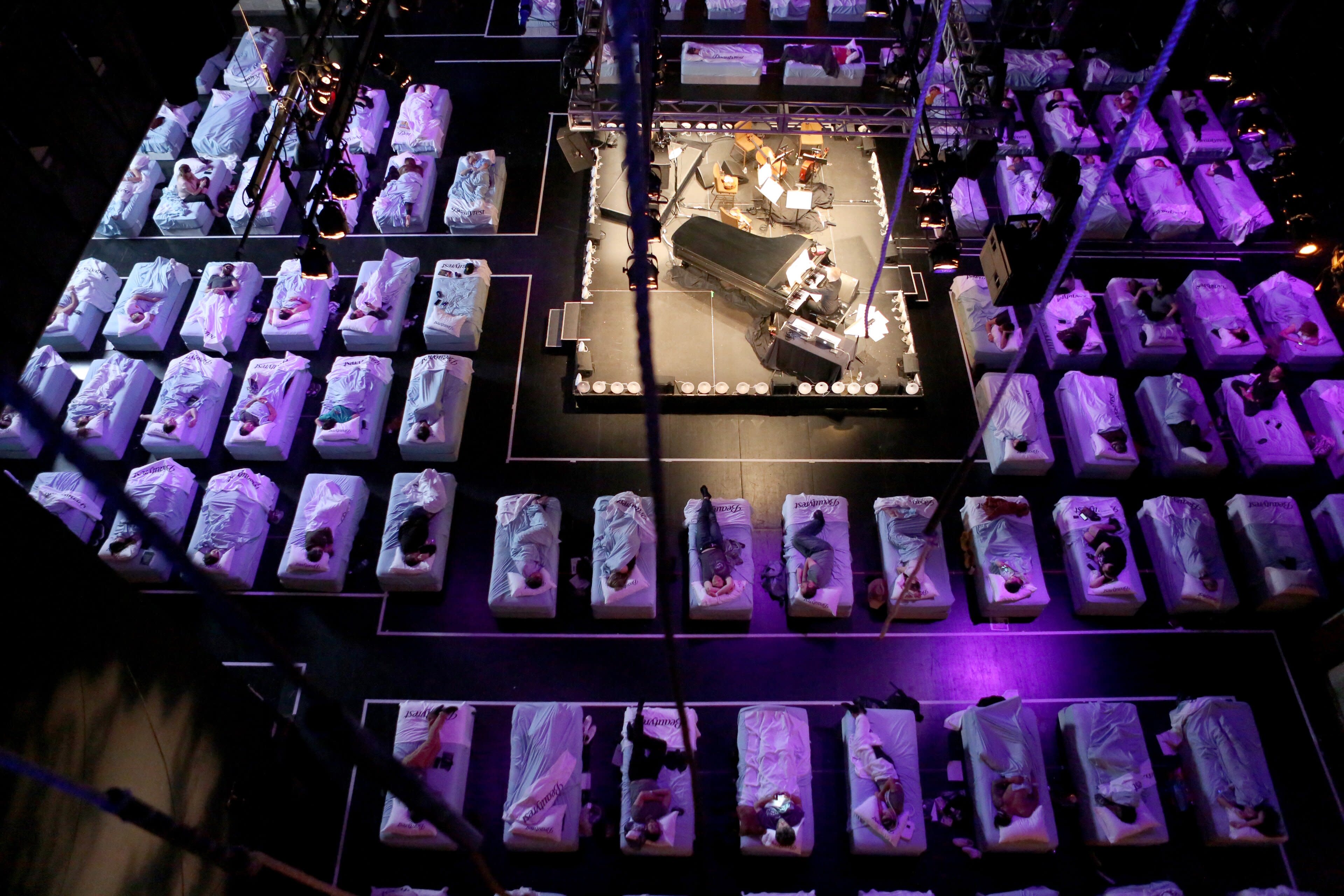By Andrew R. Chow
In the light of COVID-19, many people have been having sleep problems. Social media is full of stories of people having terrifyingly vivid dreams and insomnia. They are using all kinds of techniques to fight this: sleep couches, curfews, and an unlikely one, music. What used to be the vague and little-known field of sleep music has suddenly doubled its views and profits.
The field first began with experimental artists looking to change music. They would go to concerts where they would play relaxing music and people would sleep, sometimes for hours. For other musicians, it was to help themselves and their busy schedule. One remembers having trouble sleeping at odd hours and composing sleep music for himself.
In fact, science has found that music does help people go to sleep. It relaxes the part of the nervous system called the parasympathetic system, which prepares people for sleep. After listening to sleep music, people fell asleep faster and for longer periods of time. Respiration rates and blood pressures also fell.
Now, with apps and streaming services, the once pitiful royalties from posting music online have skyrocketed, with Spotify putting together sleep playlists and apps like Calm seeing doubled downloads.


